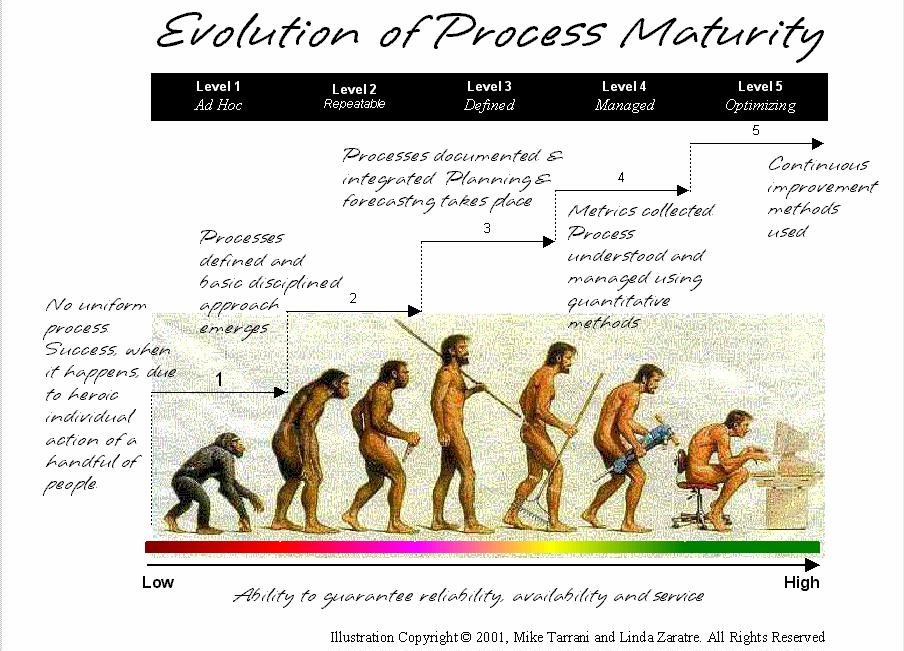In a world punctuated by cultural diversity and a multitude of belief systems, the evolution of religion offers an intriguing lens through which we can explore the fundamental tenets and progressive revelations that shape humanity’s spiritual voyage. One might ponder, “Is religion merely a static construction, or does it undergo transformations akin to a living organism?” This question compels us to delve into the Bahá’í perspective on the evolution of religion, elucidating how the teachings of Bahá’u’lláh encapsulate both continuity and innovation within the spiritual landscape.
The Bahá’í Faith, emanating from the teachings of Bahá’u’lláh in the 19th century, posits that religion is not a mere artifact of human culture, but rather a divine institution designed to foster the spiritual and moral development of humanity. This view contradicts the often-held belief that religions are fixed entities, immutable and eternally confined to the interpretations of their early adherents. Instead, Bahá’ís embrace the concept of progressive revelation, which asserts that God reveals divine guidance through a succession of Manifestations—each pertinent to the circumstances of their time.
At the crux of this understanding lies the assertion that past religious systems have laid foundational principles upon which new ones can build. The Bahá’í teachings articulate that religions, like the evolving processes observed in nature, adapt to the needs of society and are manifested in a lineage of prophets and messengers including Moses, Jesus, Muhammad, and ultimately Bahá’u’lláh himself. Each of these figures delivered messages suited to their epoch, addressing the spiritual and social issues of their time while foreshadowing future developments.
Why, then, does this progressive revelation matter? The implications are profound. It elucidates a framework within which apparent contradictions between different faiths can be reconciled. In the Bahá’í view, the multiplicity of religions is seen not as a source of division but as a tapestry that reflects various facets of a singular truth aimed at unifying humanity. It is within this context that Bahá’u’lláh’s doctrine of the oneness of religion emerges, promoting harmony and mutual respect among diverse religious traditions.
Furthermore, the Bahá’í teachings argue that each revelation is tailored to humanity’s evolving understanding and moral capacity. Just as we witness in the patina of social and scientific paradigms, spiritual insights expand as societies mature. For instance, while the ethical guidelines emphasized in earlier scriptures served to elevate the moral consciousness of their adherents at the time, contemporary revelations build upon those ideals by addressing modern-day complexities such as global inequality, environmental degradation, and spiritual disintegration.
The question of religious evolution invites challenges, particularly when evaluating the relevance of outdated doctrines that may no longer suit contemporary values. Critics may argue that this fluidity threatens the sanctity of established beliefs. However, the Bahá’í perspective maintains that dissonance within religious dogma does not imply a deficiency in the divine message. Instead, it signifies the ongoing need for interpretation and re-evaluation within the context of newfound understandings and societal shifts.
In addressing modern concerns, Bahá’ís advocate for the application of spiritual principles to solve collective issues, emphasizing unity, justice, and cooperation. This is evident in the incorporation of independent investigation of truth, which encourages individuals to seek understanding beyond rote adherence to established dogma. This investigative spirit is foundational to personal and communal growth, fostering an environment where discourse and inquiry are not only welcomed but celebrated.
Moreover, the teachings emphasize the importance of collaboration among followers of different faiths. Engaging in dialogues centered on shared ethical principles can mitigate tensions and foster an environment conducive to peaceful coexistence. The notion of consultative decision-making, as emphasized in Bahá’í administrative practices, serves as a model for deliberation that transcends individual biases through collective wisdom.
The evolution of religion, as articulated through a Bahá’í lens, beckons a vision of a more interconnected world, where differences are embraced rather than vilified. Bahá’u’lláh’s vision for humanity culminates in the establishment of a global society where the principle of oneness permeates all interactions, facilitating a compassionate atmosphere that nurtures every individual’s spiritual aspirations.
To illustrate, one must consider the application of Bahá’í teachings in contemporary social justice movements. As principles of equality and justice resonate with a wider audience, the relevance of spirituality in addressing societal woes is reinforced. This amalgamation of spiritual insight with actions rooted in justice exemplifies the fluidity envisioned in the evolution of religious thought and practice.
In conclusion, the Bahá’í perspective on the evolution of religion reveals a transformative journey—one marked by divine guidance that adapts to the burgeoning needs of humanity across epochs. It invites a thoughtful exploration of previous concepts, urging individuals to not only cherish the sacred narratives of the past but to engage with them dynamically. As the world progresses, the invitation remains to contribute to an unfolding narrative of spirituality that is inclusive, relevant, and powerfully resonant, illuminating the path toward a promising unity amidst diversity.
